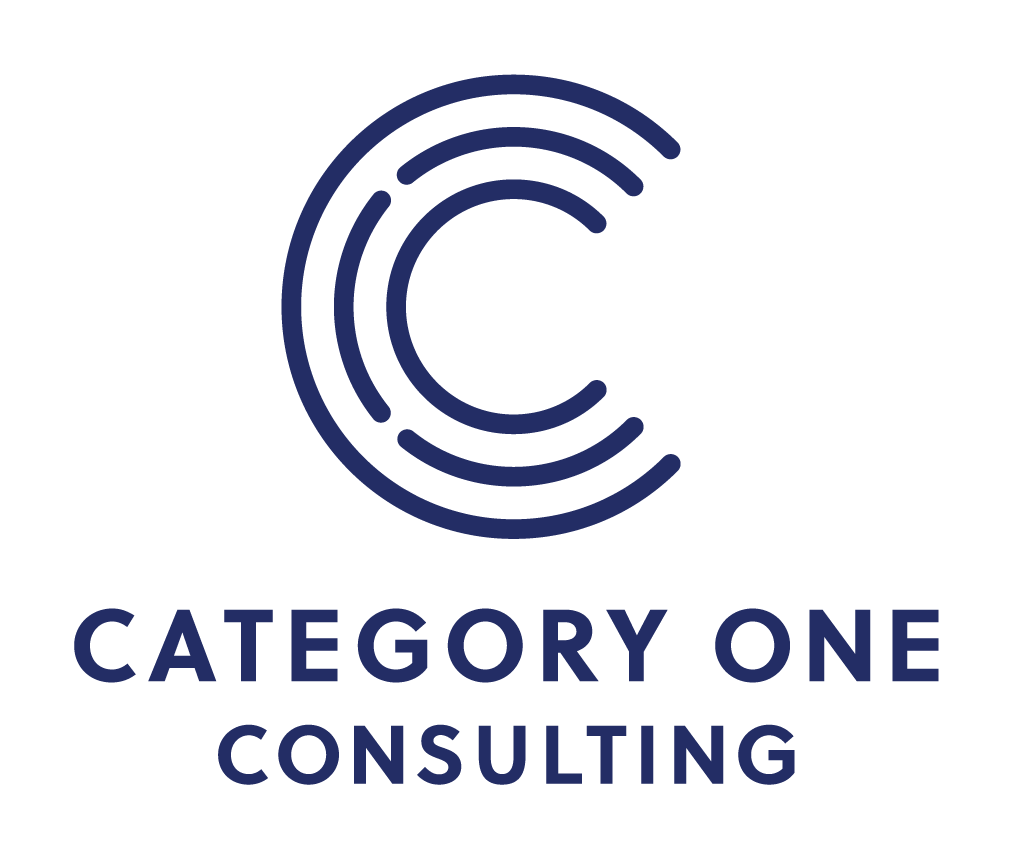The Great Reshuffling Isn’t Over: Talent Retention Strategies for 2025 and Beyond
While headlines may have moved on, the workplace revolution is far from over. Across corporations, nonprofits, schools, and government agencies, leaders are still facing difficult questions.
How do we retain top talent when AI threatens job stability?
What does “flexibility” really mean in 2025 and beyond?
How do we rebuild culture with a hybrid, distributed team?
These aren’t just HR issues. They’re organizational effectiveness imperatives that require systemic, not superficial, solutions.
These aren’t just HR issues. They’re organizational effectiveness imperatives that require systemic, not superficial, solutions. To respond effectively, organizations need to understand what's really happening beneath the surface.
1. Start by listening to your team.
Effective retention strategies begin with insight. Use surveys, interviews, or listening sessions to understand what motivates employees, what’s frustrating them, and where they feel unsupported. Surface-level solutions won’t stick if the real problems remain unspoken.
2. Redesign systems, not just policies.
Updating a remote work policy won’t address deeper issues like unclear roles or broken communication. Organizations need to reexamine how teams collaborate, make decisions, and grow together. Empowering staff to help shape these systems builds ownership and commitment.
3. Invest in growth and clarity.
High performers want to know where they’re going. Career paths, learning opportunities, and clear advancement options matter more than ever, especially in hybrid and evolving work environments. When people can see a future within the organization, they’re more likely to stay.
4. Center people in your AI strategy.
As organizations adopt new tools, employees must feel included in the conversation. Involving staff in selecting and implementing AI systems can reduce fear, improve adoption, and reinforce trust. A human-centered approach ensures technology enhances, not replaces, meaningful work.
5. Rebuild culture intentionally.
Distributed teams require intentional culture-building. Rituals, shared norms, and opportunities for connection don’t happen organically in hybrid environments. Organizations that prioritize culture as a strategic asset will retain talent and create healthier, more effective workplaces.
Retaining talent in 2025 requires more than incentives. It takes intentional systems change. If your team needs support diagnosing culture challenges, facilitating alignment, or planning your workforce strategy, Category One Consulting is ready to partner with you. Let’s talk!

